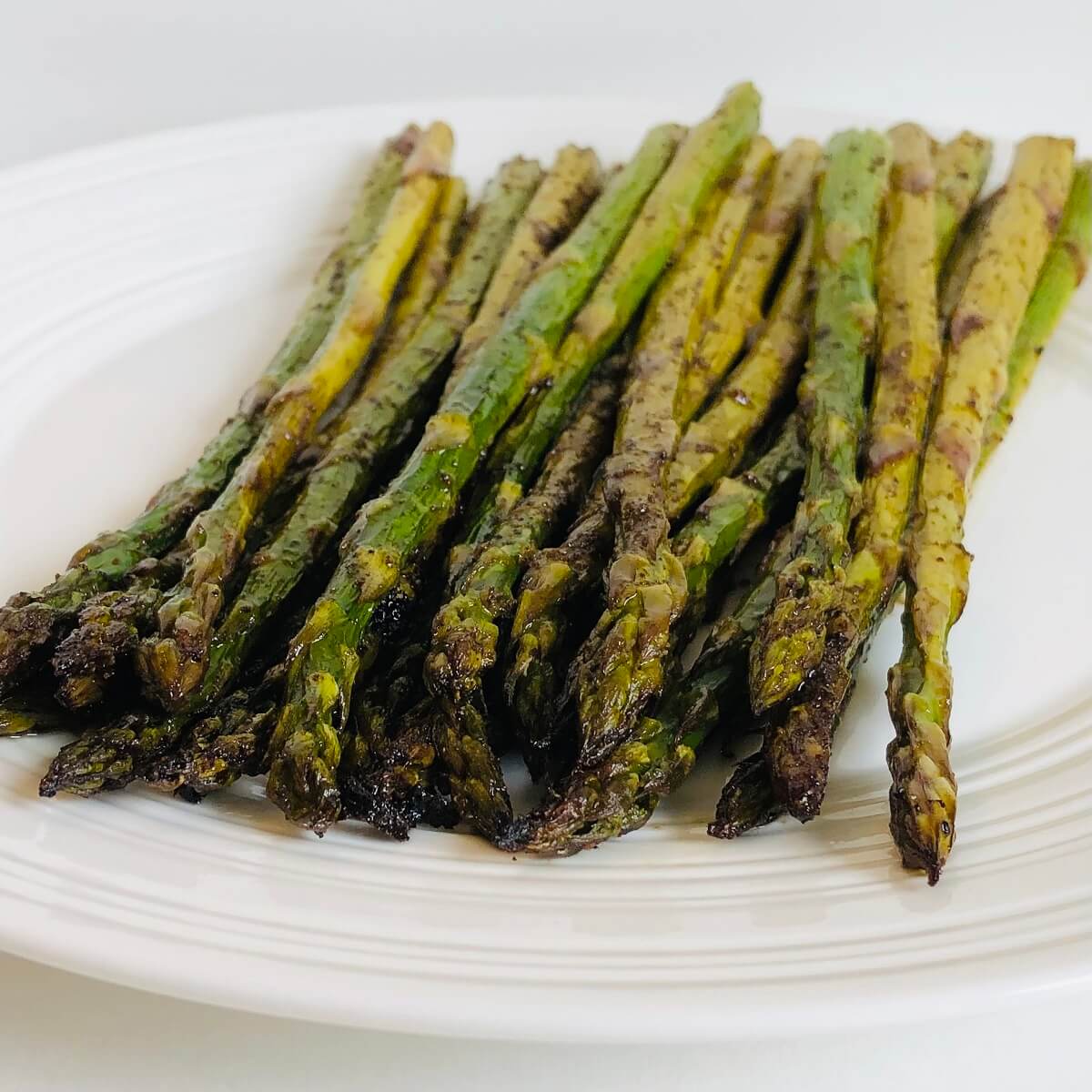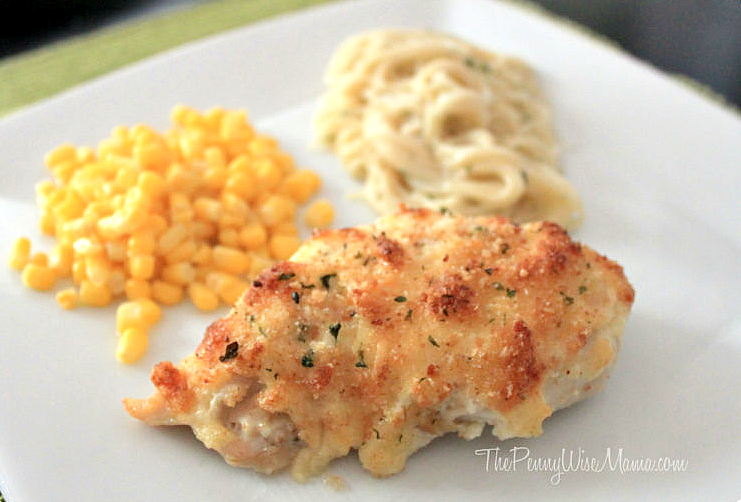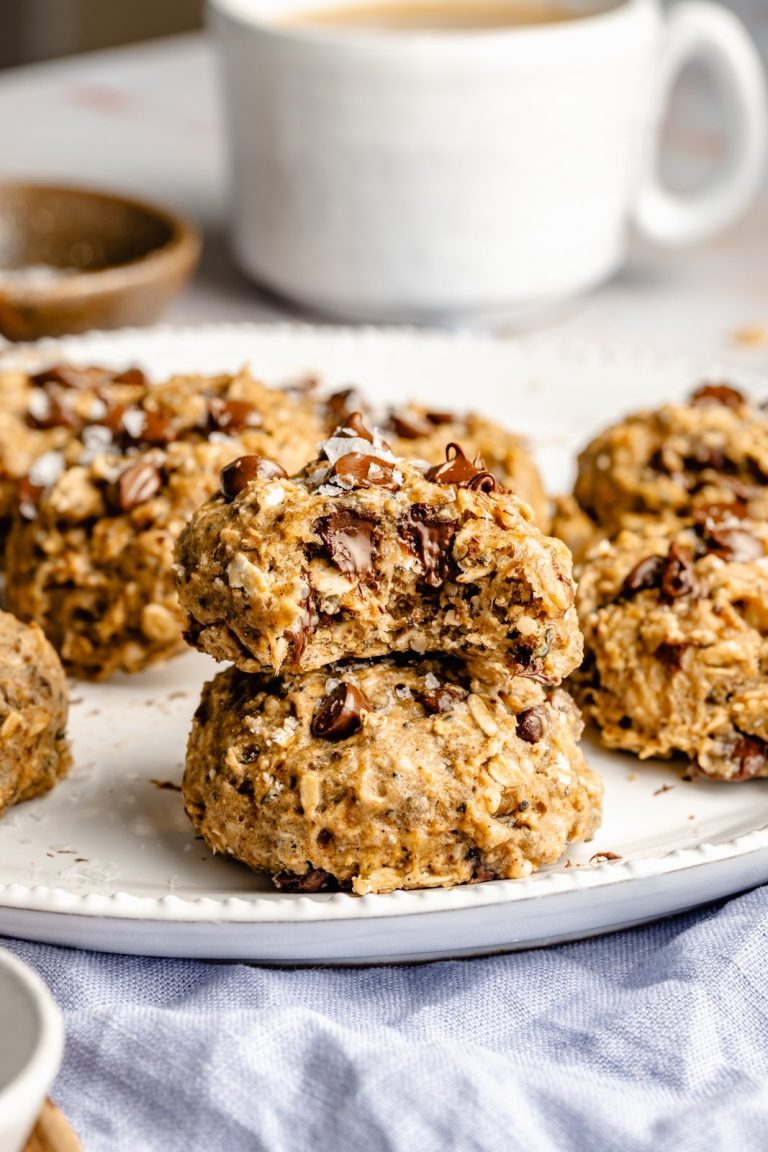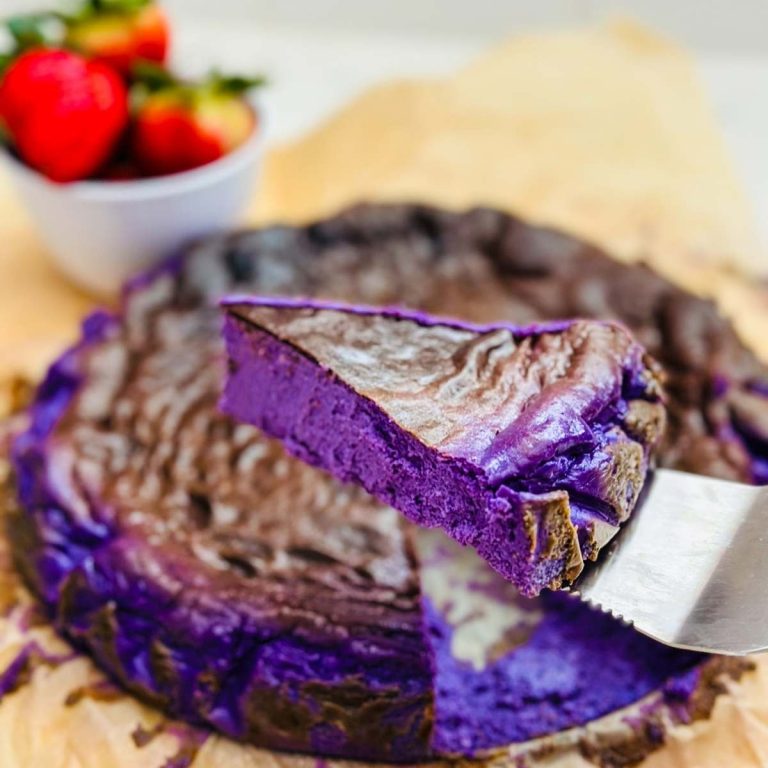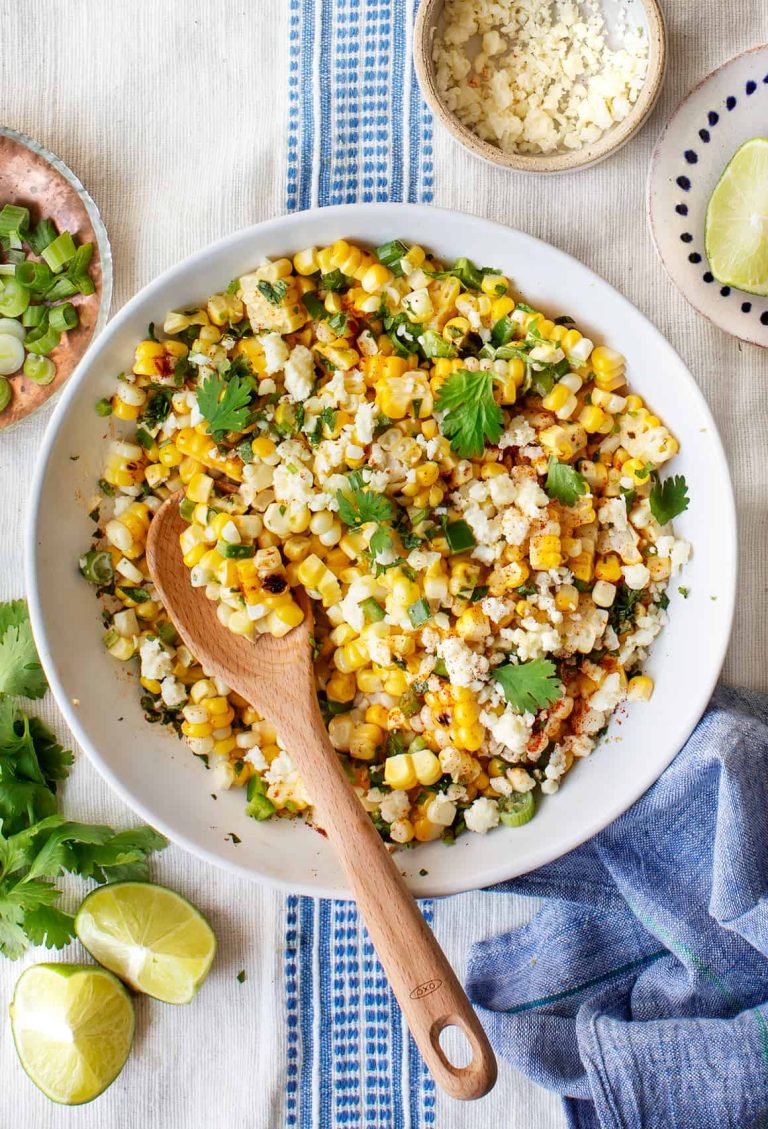Roasted Asparagus with Balsamic Vinegar: A Delicious & Nutritious Recipe
Veggie-led dishes have become staples in many diets, driven by health trends and an increased awareness of sustainability. Roasted asparagus with balsamic vinegar showcases how vegetables can be both nutritious and delicious. As plant-based options rise in popularity, more people are discovering the versatility and taste potential of vegetables like asparagus. Restaurants and home cooks alike embrace these dishes, making them central to meals rather than just side items.
The Perfect Balance of Flavors
Roasted asparagus with balsamic vinegar offers a harmonious blend of flavors. The natural sweetness of asparagus pairs impeccably with the tangy notes of balsamic vinegar. Olive oil adds richness, while salt and pepper enhance the overall taste. This simple yet sophisticated combination turns a humble vegetable into a gourmet experience, appealing to those seeking both flavor and health benefits in their meals.
Key Ingredients for the Perfect Dish
Selecting Quality Asparagus
Choose fresh, firm asparagus for the best results. Look for stalks that are bright green with tight tips. Avoid spears that are wilted or have an odor. Generally, asparagus stalks are available in varying thicknesses, from pencil-thin to thick. Thin stalks are tender and cook quickly, while thicker stalks have a more robust flavor but may require longer roasting.
Varieties of Balsamic Vinegar
Select high-quality balsamic vinegar for maximum flavor. Traditional balsamic vinegar aged for at least 12 years offers a rich, complex taste that enhances the dish. However, more affordable options are available, such as commercial-grade balsamic vinegars that are aged for a shorter period. These can still deliver a well-rounded flavor if traditional vinegar is not accessible. For instance, glaze or reduction versions of balsamic vinegar can add a concentrated sweetness that pairs well with roasted asparagus.
Ensure your asparagus and vinegar complement each other to create a balanced dish. Each ingredient’s quality directly impacts flavor and the overall dining experience.
Step-by-Step Cooking Guide
Preparing the Asparagus
Start by trimming the woody ends of the asparagus. Grab one stalk and bend it until it snaps; this natural break point indicates where to cut the rest. Rinse the asparagus thoroughly under cold water and pat dry with a paper towel. If you prefer a more uniform look, line up the stalks and chop the ends with a knife.
Roasting Techniques
Set your oven to 400°F for optimal roasting. Place the asparagus on a baking sheet, ensuring minimal overlap for even cooking. Drizzle with olive oil and sprinkle with salt and pepper. Use your hands to coat the stalks evenly. Roast in the preheated oven for 15-20 minutes until the asparagus is tender and has crispy tips. Check for doneness by piercing the thickest part with a fork.
Adding Balsamic Vinegar
Remove the asparagus from the oven and immediately drizzle with balsamic vinegar. The heat helps the vinegar to infuse, enhancing the flavor profile. Toss the asparagus lightly to distribute the vinegar evenly. Serve immediately for the best taste and texture.
Nutritional Benefits
Health Benefits of Asparagus
Asparagus offers a rich nutritional profile, making it a valuable addition to your diet. It’s low in calories—about 20 calories per half-cup—and packed with vitamins and minerals. Asparagus provides high levels of vitamin K, essential for blood clotting and bone health, and folate, important for cell growth and DNA formation. It also contains antioxidants like vitamin E and C, which help protect your cells from damage.
Its fiber content aids digestion and promotes a healthy gut. One cup of asparagus provides around 2.8 grams of dietary fiber, supporting regular bowel movements and reducing the risk of digestive issues. Asparagus presents a significant source of glutathione, an antioxidant that may help detoxify the body and enhance immune function.
Advantages of Balsamic Vinegar
Balsamic vinegar, known for its tangy flavor, also offers several health benefits. It’s low in calories, containing about 14 calories per tablespoon, with no fat or sugar, making it a healthy addition to your meals. Balsamic vinegar contains acetic acid, which supports effective digestion and helps stabilize blood sugar levels, potentially reducing the risk of diabetes.
It’s rich in antioxidants, particularly polyphenols, which can reduce cell damage and lower the risk of chronic diseases. The vinegar’s antimicrobial properties may support a healthy immune system by fighting harmful bacteria. Regular consumption of balsamic vinegar can also contribute to heart health by lowering cholesterol and improving overall cardiovascular function.
By combining asparagus and balsamic vinegar in your roasted dishes, you enhance the nutrition and health benefits of your meals significantly.
Serving and Pairing Suggestions
Accompaniments
Roasted asparagus with balsamic vinegar pairs well with a variety of foods. Serve it alongside grilled chicken or fish for a balanced meal. For a vegetarian option, combine it with quinoa or couscous salads. The dish also complements pasta dishes, particularly those with light, lemon-based sauces. Additionally, a cheese platter featuring goat cheese or feta can enhance the tangy flavors of the balsamic vinegar. For a more substantial pairing, consider serving it with roasted potatoes or a hearty grain bowl.
Wine Pairings
Selecting an appropriate wine can elevate the dining experience. A crisp Sauvignon Blanc pairs excellently with roasted asparagus, as its high acidity balances the tanginess of balsamic vinegar. Alternatively, choose a dry Riesling to complement the dish’s rich, roasted flavors. For red wine enthusiasts, a light Pinot Noir provides a harmonious match, offering a balance without overpowering the asparagus. If you’re looking for a sparkling option, a Brut Champagne or Prosecco can also enhance the dish’s sophisticated flavors.
Conclusion
Roasted asparagus with balsamic vinegar isn’t just a dish; it’s an experience that elevates your meals with its perfect blend of flavors and nutritional benefits. By incorporating this simple yet sophisticated recipe into your cooking repertoire, you’re embracing a healthier lifestyle without sacrificing taste. Whether paired with your favorite protein or enjoyed on its own, this dish offers versatility and elegance. So next time you’re planning a meal, consider roasted asparagus with balsamic vinegar for a delightful and nutritious addition to your table.
